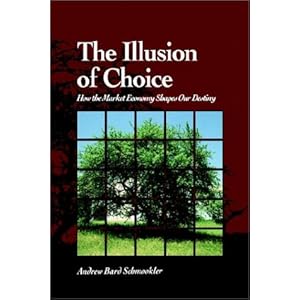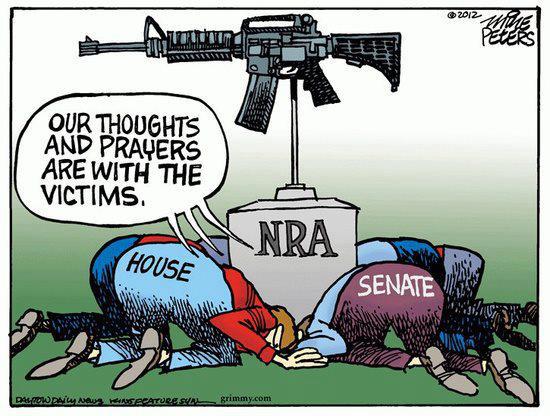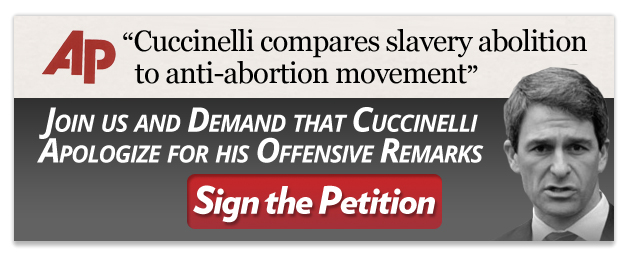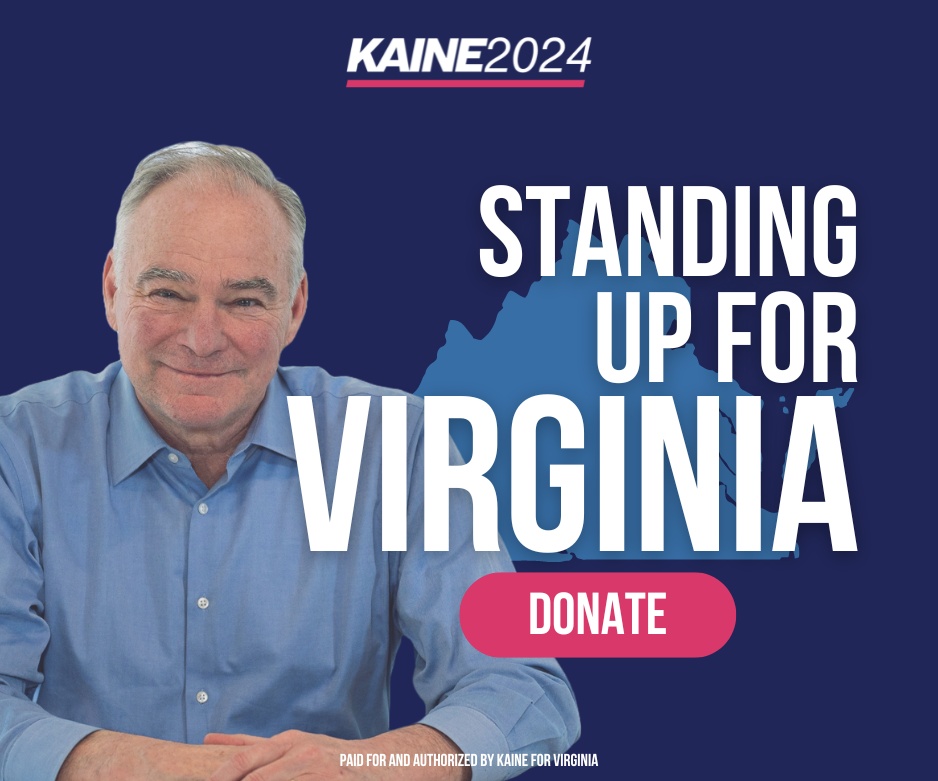Swinging for the Fences: How the Market Economy Shapes Our Destiny- Skewed Menu, Suboptimal Diet

**********************************************************************
In the previous piece here on “How the Market Economy Shapes Our Destiny,” I spoke about the problem of externalities. (See below for a full compendium of the installments of the “Swinging for the Fences” series already presented here on Blue Virginia.)
I concluded by saying that in a market system whose blind spots are not corrected by collective/governmental decisions, “those values that get attended to in transactions between buyers and sellers get magnified in importance, and those values that fall outside the concerns of the immediate parties to the transaction will be neglected.” And that “This leads to a society whose mix of wealth and poverty is warped and unbalanced, and suboptimal for human fulfillment.”
Here I’ll expand on that idea.
One might imagine that since we benefit from market blind spots of this sort when we are buyers and sellers, and then are injured by these blind spots when we are by-standers, perhaps the benefits and costs for each of us will cancel out. We get an extra dollar when we’re transactors, and then we lose ten cents each on the transactions in which our ten neighbors are involved.
“Unfortunately,” I write in The Illusion of Choice,
“it isn’t like that. The benefits we get from the market’s blindness do not cancel out the costs we pay. The reason is: the costs and the benefits are different in nature….
“The market system creates prices that are consistently skewed in a particular direction. It favors those values that concern us as separate actors, and it hampers us in fulfilling those needs we have as an interconnected community of people. We make dozens of decisions daily that are warped by this effective market subsidization of our social atomism: should I drive or walk to the drug store a mile away? (Don’t worry about the pollution, the market says, or our contribution to traffic congestion.) Should I use washable dishes in my fast-food restaurant or disposable paper and styrofoam. (Don’t worry about the solid waste problem or the disappearing ozone layer over the earth.)
“As social atoms, we can open the Yellow Pages and within minutes find beads from India, light fixtures of hand made stained glass, truffles from France, llama rugs from Peru. But community? [Where do we go to find that?]
“What is on the menu determines how we order our lives. The system tilts the social landscape, putting the private realm on the downhill side, while our public/community goods are uphill. One side is easy to get to-just let go. The
other side takes hard work. Over time, it is not surprising to find our choices steadily accumulating on the downhill side. Thus we find that combination, often noted in discussion: about America, of private wealth and public poverty. The market creates a society rich in its fragmented parts but poor in its organic wholeness.”
So what we gain is of one kind, and what we lose is of another-not because we choose for that tradeoff, but because the system’s inherent dynamic chooses it for us.
And there’s good reason to believe that the mix is suboptimal because getting more and more of one kind of “good” does not make up for getting less and less of another kind of “good.”
“The market does indeed help us to get rich in income… But there is another economic concept that should enter into our calculus: that of “diminishing marginal returns.” From abject poverty to reasonable comfort is an important step. But when a dollar increment of the same size takes us from real wealth, by any historical standard, to still more wealth, is the benefit so significant?
“Meanwhile, the same system that is giving us more and more of the same benefits is also imposing more and more of the same costs. And since these costs are in a different realm of our values than the benefits, but not necessarily any less important, their progressive depletion in our lives will result in the opposite of diminishing marginal returns. The more depleted is that realm, the more vital is each additional loss. For Midas, the marginal utility of gold decreased quickly while, with every hour, his inability to eat or drink, since the food and beverage turned to gold in his mouth, became increasingly important.”
The systematic bias in the system leads to a world that does not match well the full spectrum of human needs.
*******************
COMPENDIUM OF PREVIOUS ENTRIES IN THIS SERIES
The Series Is Introduced with These Entries:
Swinging for the Fences: Please Join Me in this Bold New Effort
Swinging for the Fences: The Fable of the Magnet
The First Round on the “Magnets Consisted of These:
An Unwelcome Driver of Social Evolution: The Parable of the Tribes
Swinging for the Fences: How the Market Economy Shapes Our Destiny
Swinging for the Fences: Polarization as a Form of Cultural Breakdown
Swinging for the Fences: The Transmission of Culture Through Time
Then There Were a Few Improvizational Offerings;
Swinging for the Fences: Hunting for Very Big Game
Problems in the Religion Are Symptoms of Something Deeper
Second Round on the Four “Magnets”:
Swinging for the Fences: The Parable of the Tribes–Step Three: Selection for the Ways of Power
*******************
Andy Schmookler, an award-winning author, political commentator, radio talk-show host, and teacher, was the Democratic nominee for Congress from Virginia’s 6th District. He is the author of various books including The Parable of the Tribes: The Problem of Power in Social Evolution.

 Here are a few Virginia (and national) news headlines, political and otherwise, for Thursday, March 21.
Here are a few Virginia (and national) news headlines, political and otherwise, for Thursday, March 21.








